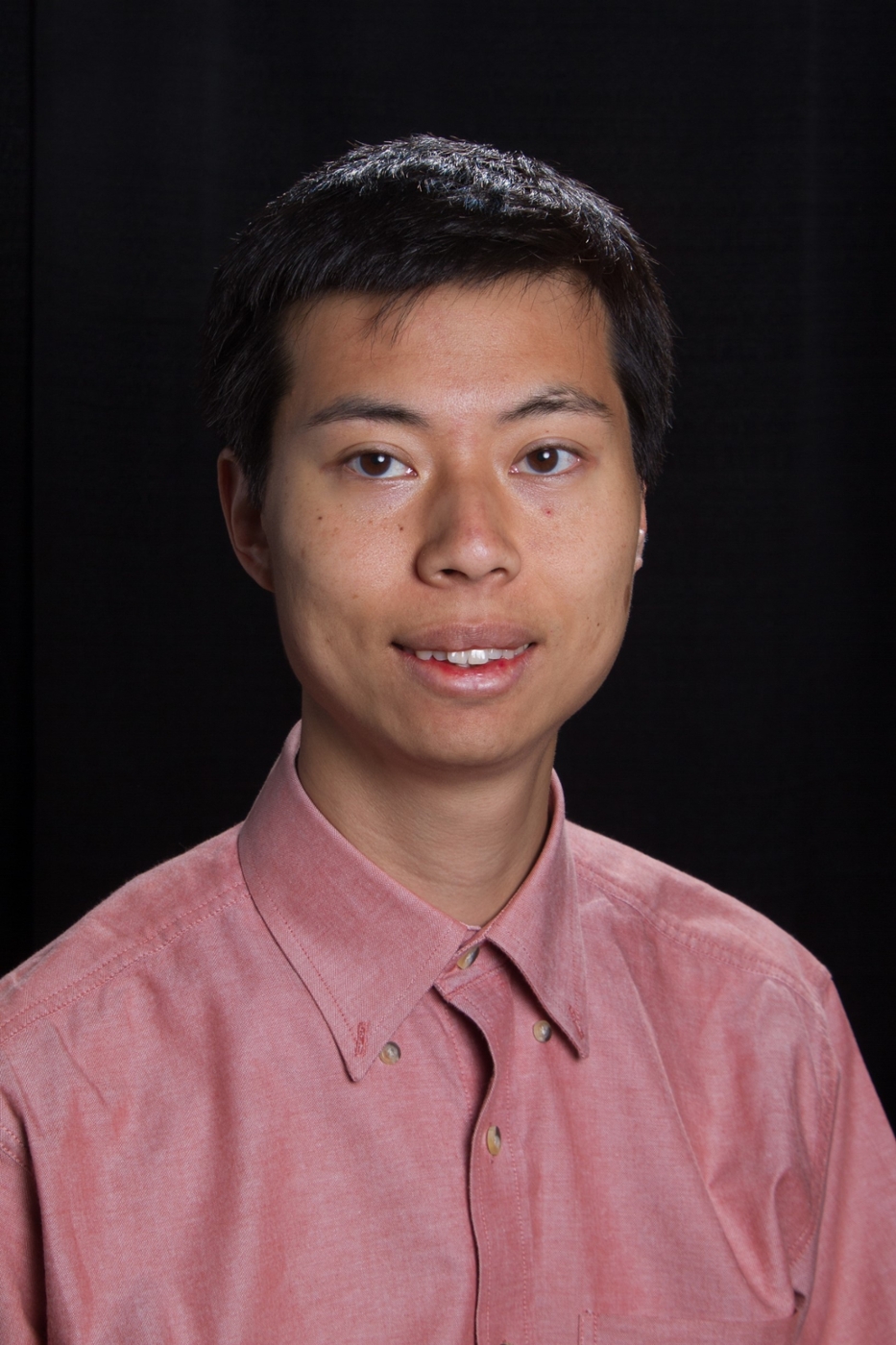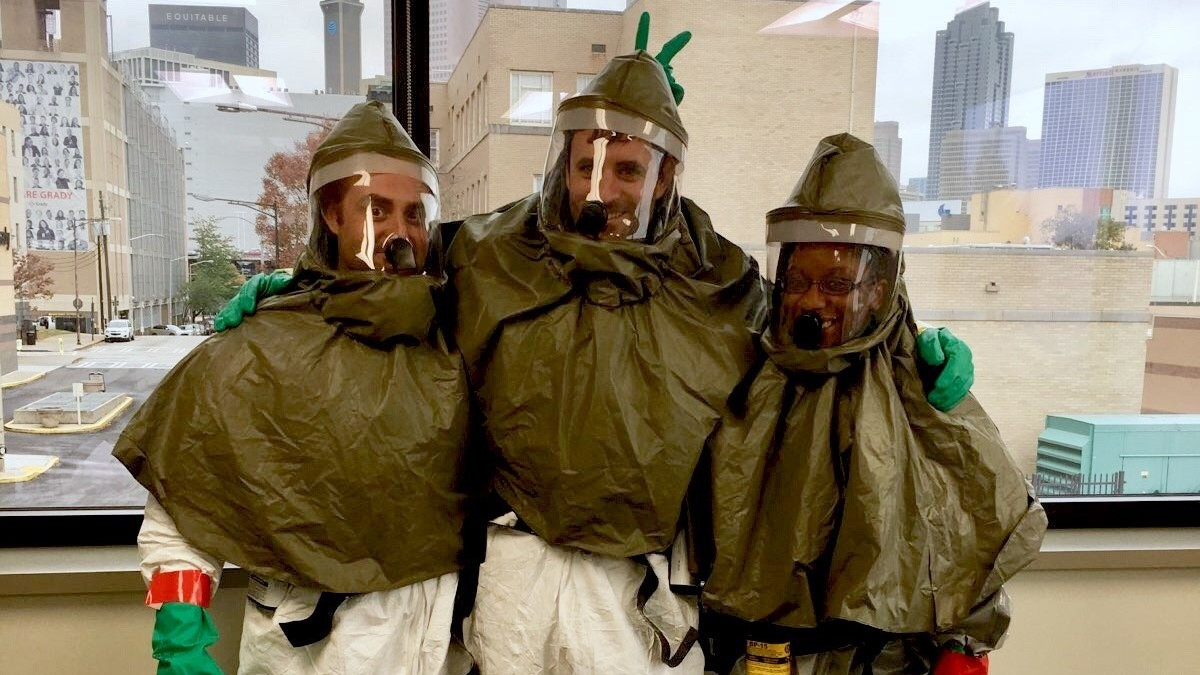The Emory/CDC Outbreak Investigation program is unique among ACGME-accredited programs. The program's fellows participate in epidemiological investigations of exposures to hazardous materials and the health effects of those exposures.
Fellows, under the guidance of the Centers for Disease Control and Prevention (CDC) epidemiologists, also gain firsthand experience with outbreak response and public health practice.
These opportunities are unique among medical toxicology training programs across the country.
Examples include:
- Investigating numerous deaths associated with drinking “pombe” in Mozambique
- Synthetic cannabinoid cluster in Denver, CO
- Acetyl-fentanyl-contaminated heroin cluster in Rhode Island
- Investigating a ricin-containing envelope at a South Carolina Postal Facility
- Multi-state investigation of internal contamination with radioactive strontium
- Cholinesterase inhibitor poisoning in children in Bangladesh
- Investigating ackee fruit poisoning in Haiti
- Assisting in the cancer cluster investigation in Fallon, Nevada
- Evaluation of pesticide exposure in the aftermath of Hurricane Isabelle in Virginia
- And numerous others
Fellows also have opportunities to participate in other CDC and ATSDR preparedness and response activities, which have included staffing the CDC emergency operations center during the Ebola response.
EmoryEM Fellowship Experiences

During Dr. Michael Yeh's second year in the Emory Emergency Medicine Toxicology Fellowship, he was deployed with the Centers for Disease Control as part of the Emory/CDC Outbreak Investigation program. This is unique among ACGME-accredited programs. Dr. Yeh is currently an adjunct faculty with Emory Emergency Medicine and employed by the CDC.
“The Emory/CDC medical toxicology program offers a unique and invaluable opportunity to get on-the-job training in public health, including the opportunity to participate in the CDC's responses to disease outbreaks and other public health threats.
I was deployed twice to help with the CDC's COVID-19 response, working with disproportionately affected populations. I served as a clinical subject matter expert on substance use disorders, where I worked with harm reduction advocates, addiction medicine practitioners, and other community partners to shape the agency's guidance pertaining to people who use drugs.
I also spent a month in Detroit, Michigan with a multidisciplinary team from the CDC that worked with the local health department on improving COVID-19 surveillance and infection control in the city's homeless shelters. We conducted site visits to assess infection control practices, physical facility ventilation and layout, and other factors to identify opportunities for improvement. We also designed a study in which we interviewed residents and staff at shelters to learn about reasons for vaccine hesitancy.
These experiences allowed me to gain a greater appreciation of the role of medical toxicologists as part of a multidisciplinary public health response team. The practice of medical toxicology extends beyond caring for the acutely poisoned patient at bedside. I was able to apply my clinical knowledge, epidemiology training, and communication skills to make an impact on a population level.”


